The Most Expensive Tech Acquisitions In History
Facebook acquired Instagram in 2012.

Yahoo acquired Tumblr in 2013.
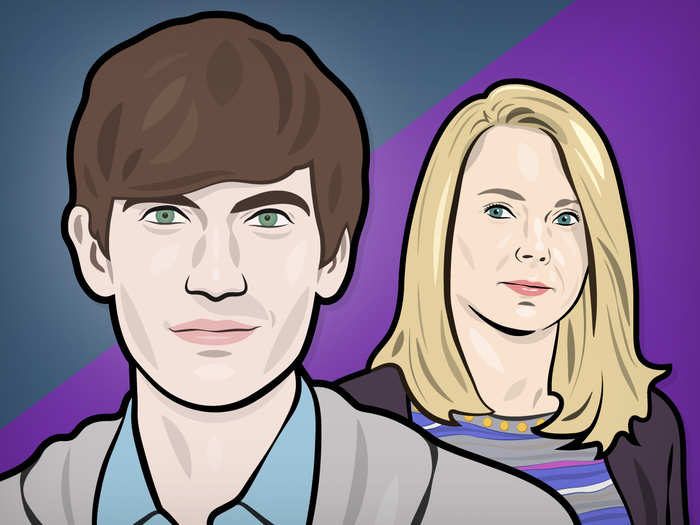
Yahoo bought Tumblr for $1.1 billion, leaving David Karp as CEO, and bringing a big, young audience over to Yahoo along with Tumblr's expertise in mobile. This was Marissa Mayer's first big acquisition since becoming CEO.
Accounting for inflation, the deal was worth $1.12 billion.
Facebook acquired Oculus in 2014.
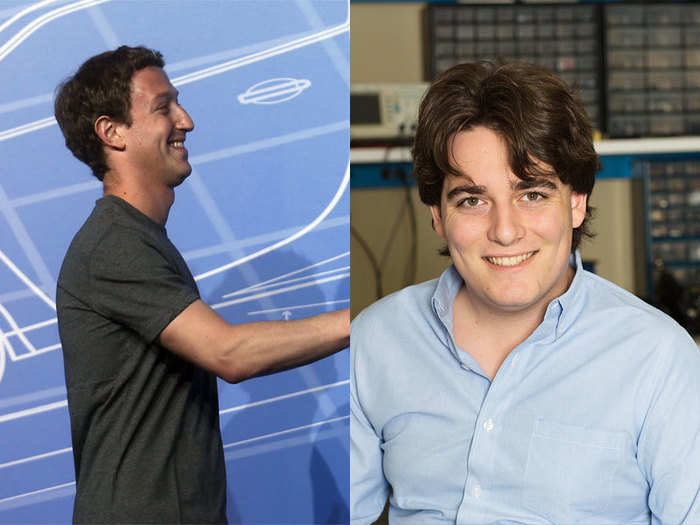
Facebook bought Oculus for $2 billion to develop a platform that goes beyond gaming into other virtual reality experiences. In a conference call following the announcement, Mark Zuckerberg said that he believes virtual reality will be the next big computing platform after smartphones and tablets.
Dell acquired Quest Software in 2012.
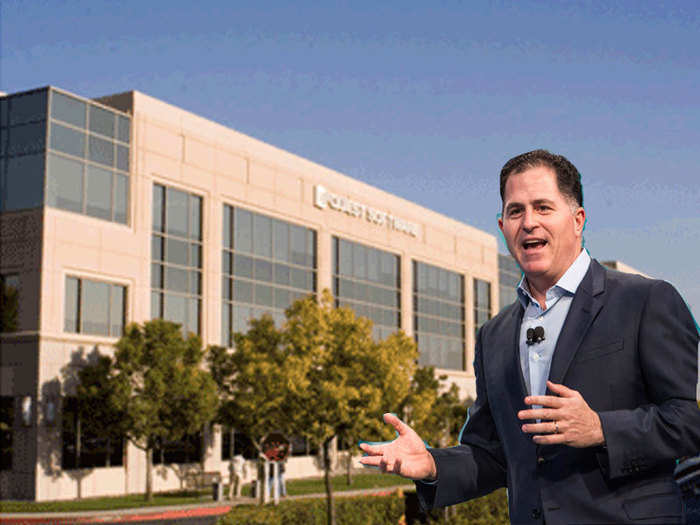
Dell bought Quest for $2.4 billion to help transform itself from a PC company to an enterprise company worthy of competing with HP and IBM. This was Dell's second-largest acquisition.
Accounting for inflation, the deal was worth $2.49 billion.
Apple acquired Beats in 2014.
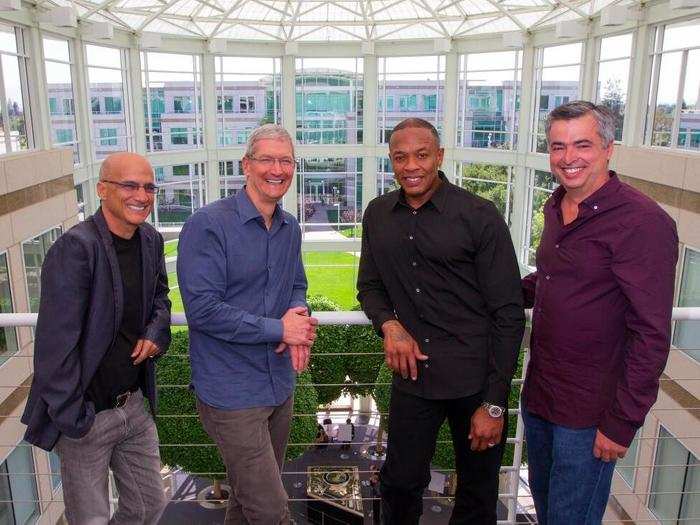
Apple bought Beats for $3 billion earlier this year, bringing along its executives Dr. Dre and Jony Iovine to tap into their talent and potential. This could possibly help out iTunes as it competes against streaming services like Pandora and Spotify. This was Apple's largest acquisition ever.
Google acquired Nest in 2014.
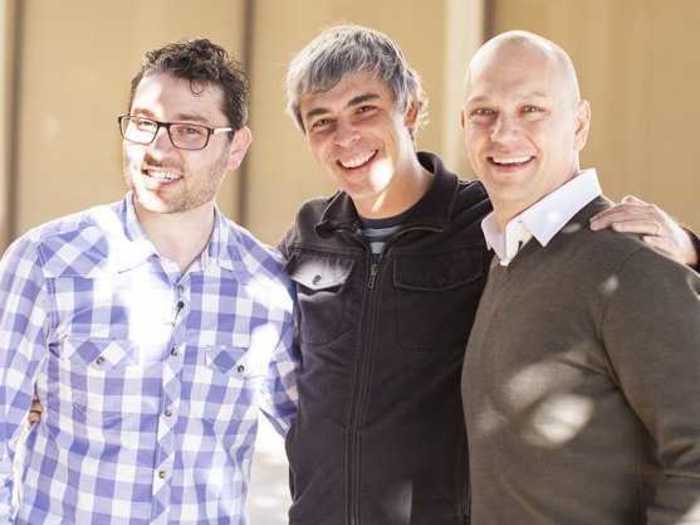
Google bought Nest for $3.2 billion earlier this year, probably to give it the upper hand when it comes to home automation and the Internet of Things. Nest's founders Tony Fadell and Matt Rogers stayed on board and continue to deliver smart device technology under the umbrella of Google.
Dell acquired Perot Systems in 2009.
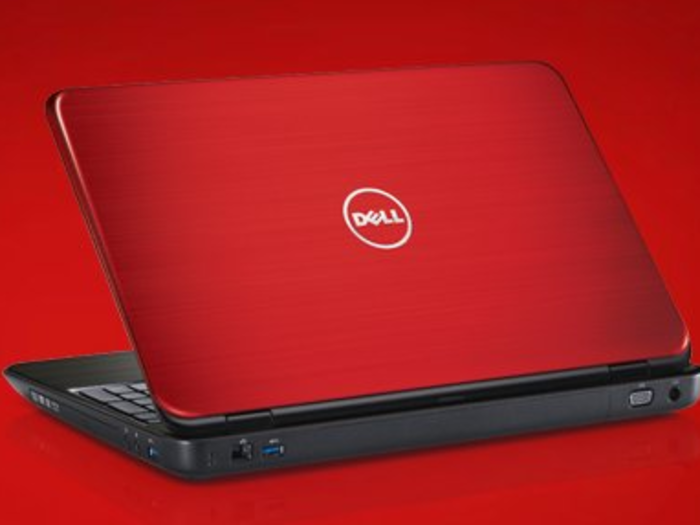
Dell bought Perot Systems for $3.9 billion to improve its IT solutions and gain access to more customers. This was Dell's largest acquisition of all time.
Accounting for inflation, the deal was worth $4.33 billion.
Microsoft acquired Nokia in 2014.
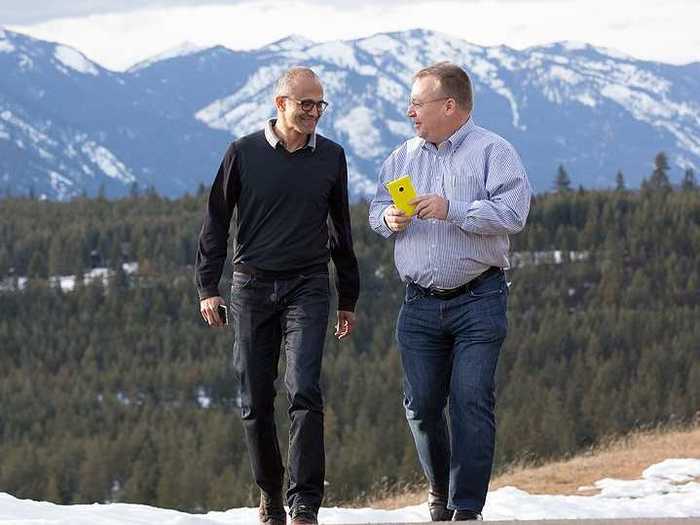
Microsoft bought Nokia for $7.2 billion, taking over their phone and tablet business under a division called Devices Group. Known as the biggest seller of Windows Phones, Nokia could help Microsoft as it tries to improve its market share by making it easier for manufacturers to make Windows phones.
Intel acquired McAfee in 2010.
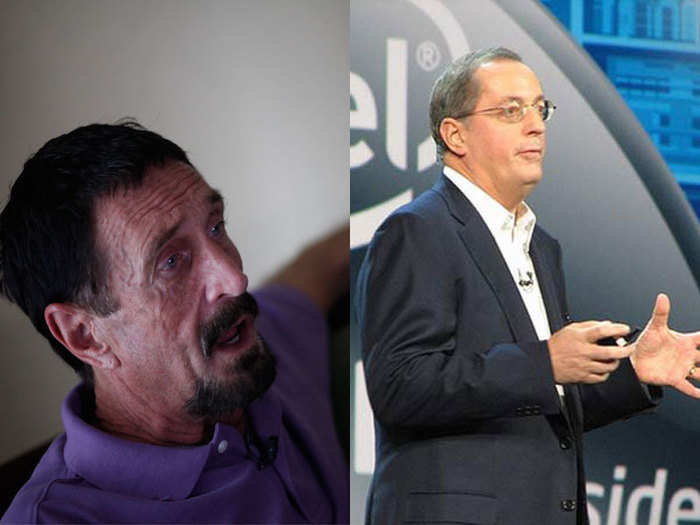
Intel bought McAfee for $7.68 billion to help it expand its business beyond just computers. The idea was to make all of its hardware more secure from the get go, without having to install any software. This was Intel's largest acquisition.
Accounting for inflation, the deal was worth $8.3 billion.
Oracle acquired Sun Microsystems in 2009.
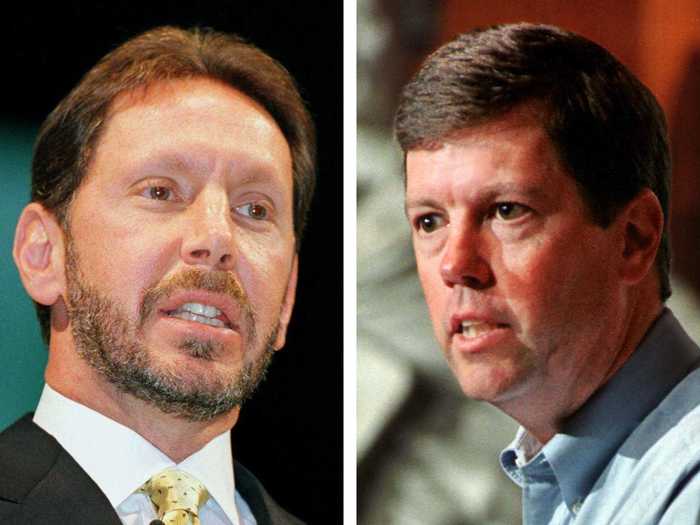
Oracle bought Sun Microsystems for $7.4 billion to help it become a one-stop technology shop for its customers. It would allow Oracle to sell simpler computing solutions at lower prices, using Sun's technology.
Accounting for inflation, the deal was worth $8.22 billion.
Microsoft acquired Skype in 2011.
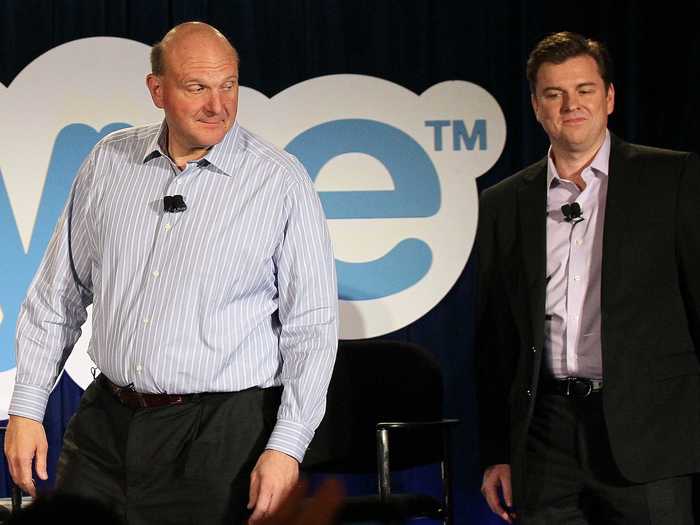
Microsoft bought Skype for $8.5 billion, mainly to improve its corporate messaging and voice-over-IP product, Lync, in both a consumer and enterprise move. It also came in handy in terms of competing with Apple's FaceTime. The company kept Skype as its own division.
Accounting for inflation, the deal was worth $9 billion.
Hewlett-Packard acquired Autonomy in 2011.
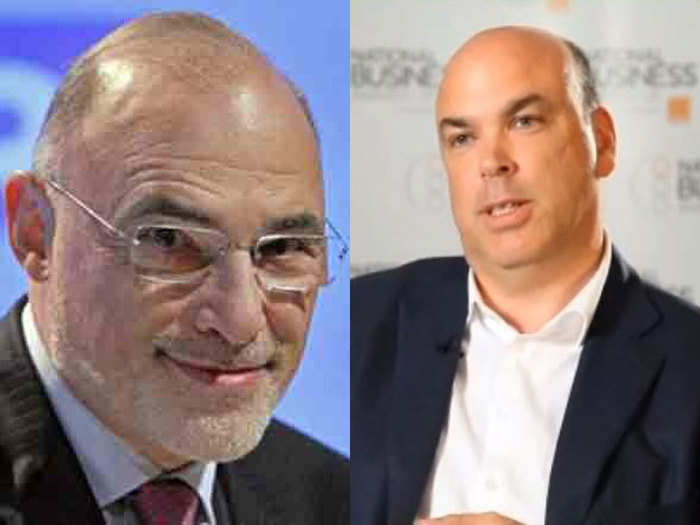
HP bought Autonomy for $10.3 billion to shift their focus more from hardware to software. Autonomy provided them with a large amount of data taken from emails, music, video, and posts on social networks.
Accounting for inflation, the deal was worth $10.91 billion.
Oracle acquired PeopleSoft in 2004.
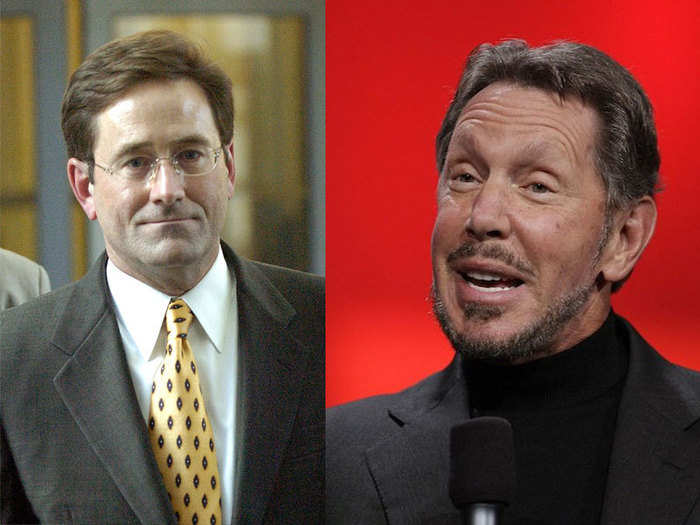
Oracle bought its rival PeopleSoft for $10.3 billion to maintain its primary position in the software industry. Oracle spent 18 months putting this deal together.
Accounting for inflation, the deal was worth $12.99 billion.
Google acquired Motorola Mobility in 2011.
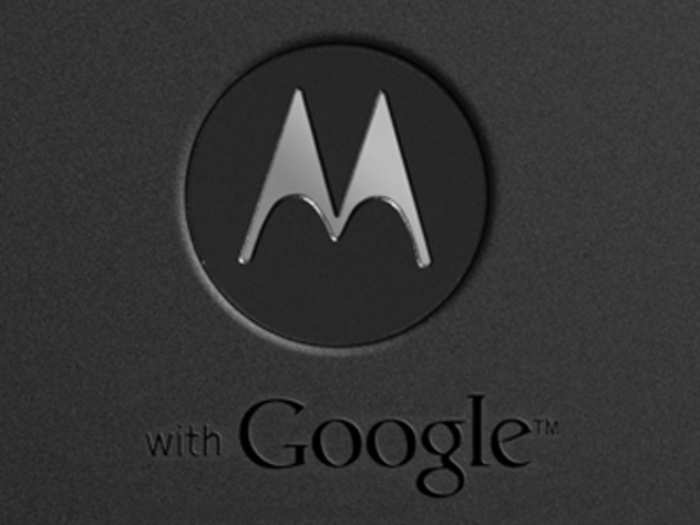
Google bought Motorola Mobility for $12.5 billion to build up their mobile offerings. Motorola made an early bet on Android and as such was always a good partner for Google. Motorola Mobility's CEO Sanjay Jha stepped down and was replaced by Google's Dennis Woodside.
Accounting for inflation, the deal was worth $13.24 billion.
Facebook acquired WhatsApp in 2014.
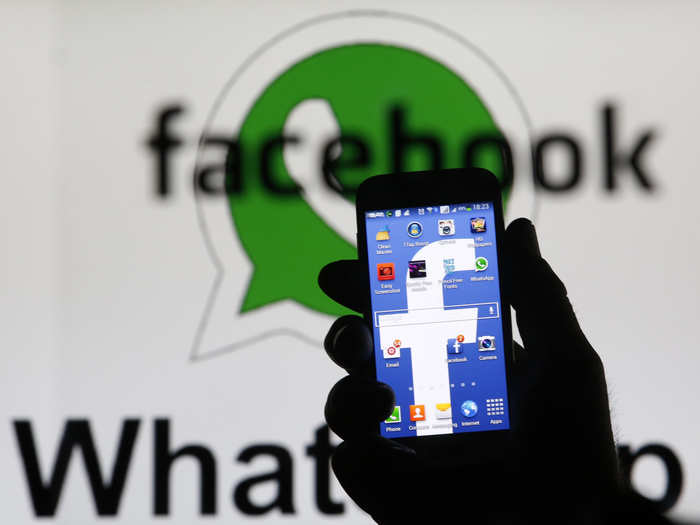
Facebook bought WhatsApp for $19 billion earlier this year to better help people stay connected. WhatsApp’s cofounder Jan Koum stayed along for the move to join Facebook as an executive. Koum famously promised his users that nothing would change post-acquisition and that the app would remain ad-free.
Hewlett-Packard acquired Compaq in 2001.
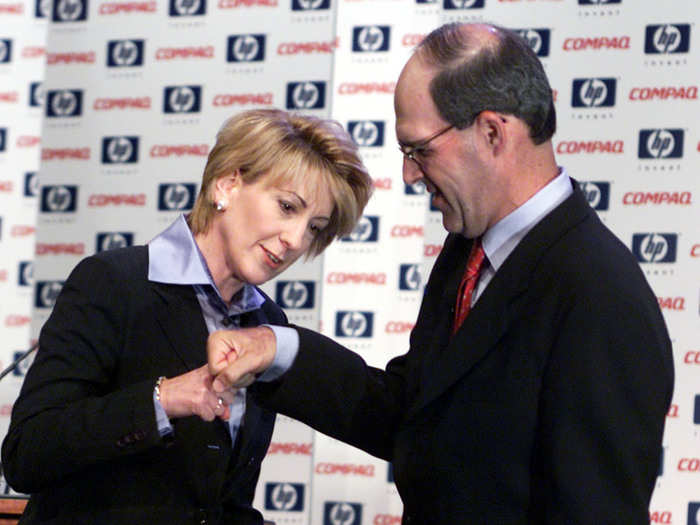
HP bought Compaq for $25 billion to better compete with IBM and Sun Microsystems as computer sales slowed. After months of negotiations, the two companies agreed that the merger would better position them in the industry.
Accounting for inflation, the deal was worth $33.65 billion.
AT&T acquired BellSouth in 2006.
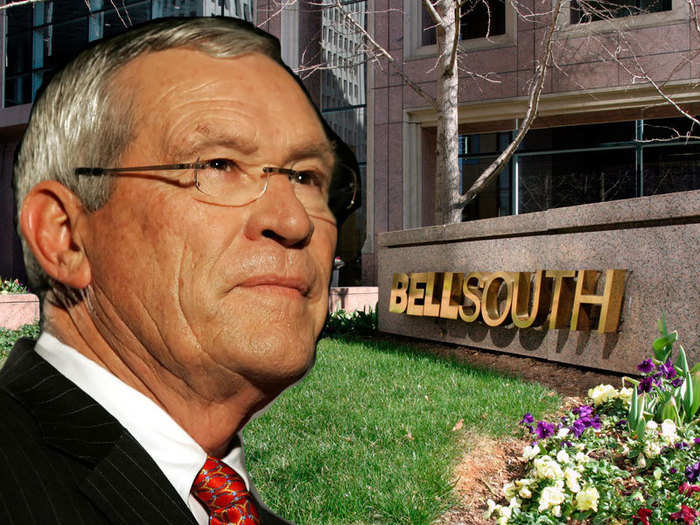
AT&T bought BellSouth for $67 billion to help it better dominate telecommunications and scale to more consumers. While the deal required AT&T to assume $22 billion in debt, it also allowed them a market capitalization of as much as $170 billion.
Accounting for inflation, the deal was worth $79.18 billion.
Vodafone Group acquired Airtouch Communications in 1999.
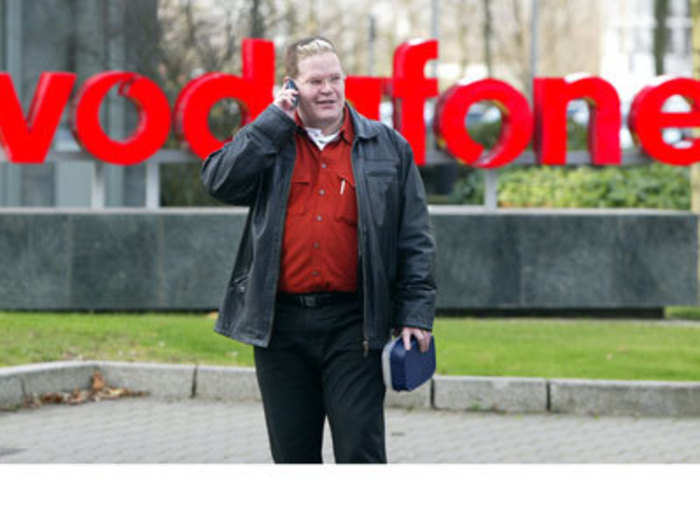
Vodafone Group bought Airtouch Communications for $57.4 billion, beating out Bell Atlantic in a bidding war. At the time, Airtouch was America's biggest independent wireless company. The deal created an international cellular giant.
Accounting for inflation, the deal was worth $82.09 billion.
SBC Communications acquired Ameritech in 1998.
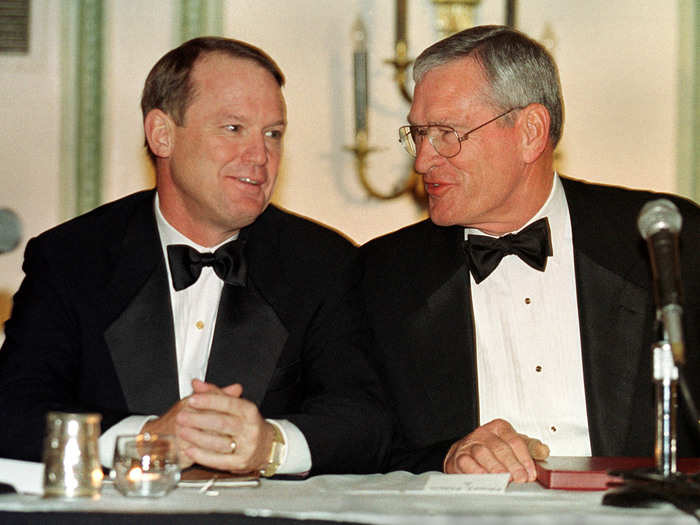
SBC Communications bought Ameritech for $68.2 billion to help it springboard into the local phone business of 30 U.S. markets, including New York, Denver, Phoenix, and Atlanta. At the time this was the second-largest merger in U.S. history.
Accounting for inflation, the deal was worth $99.68 billion.
Comcast acquired AT&T Broadband in 2001.
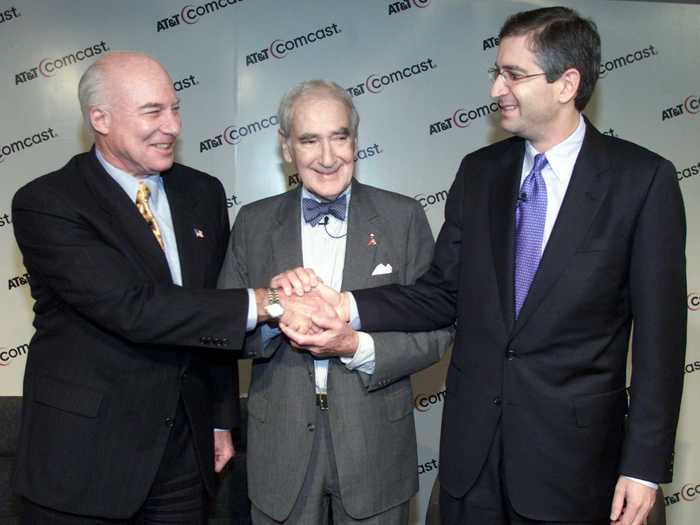
Comcast bought AT&T Broadband for $76.1 billion to improve its broadband services. The merger resulted in a total of 22 million subscribers and a major presence in 17 of the United States' 20 largest metropolitan areas.
Accounting for inflation, the deal was worth $102.43 billion.
Bell Atlantic acquired GTE in 1998.
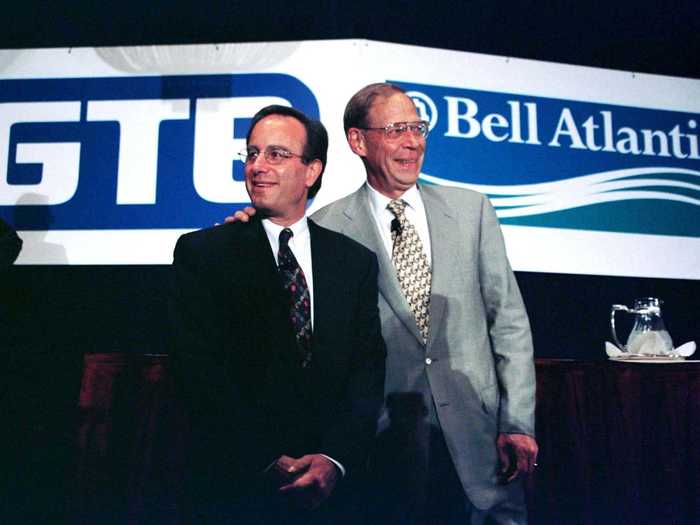
Bell Atlantic bought GTE for $71.1 billion to create the nation's largest telephone company, called Verizon. The deal meant that Verizon would control a third of the U.S. local telephone market, 63 million local lines and 25 million cell phone customers, in 40 states.
Accounting for inflation, the deal was worth $103.92 billion.
AOL acquired Time Warner in 2000.
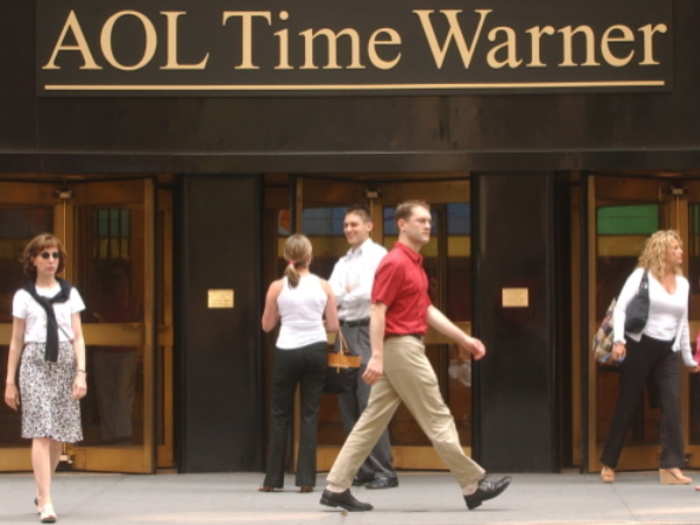
AOL bought Time Warner for $186.2 billion to establish itself as a digital media powerhouse. It gave AOL access to Time Warner's more than 13 million cable subscribers, immediately boasting a market capitalization of $350 billion and an annual revenue stream topping $30 billion.
Accounting for inflation, the deal was worth $257.62 billion.
Vodafone Airtouch acquired Mannesmann in 1999.
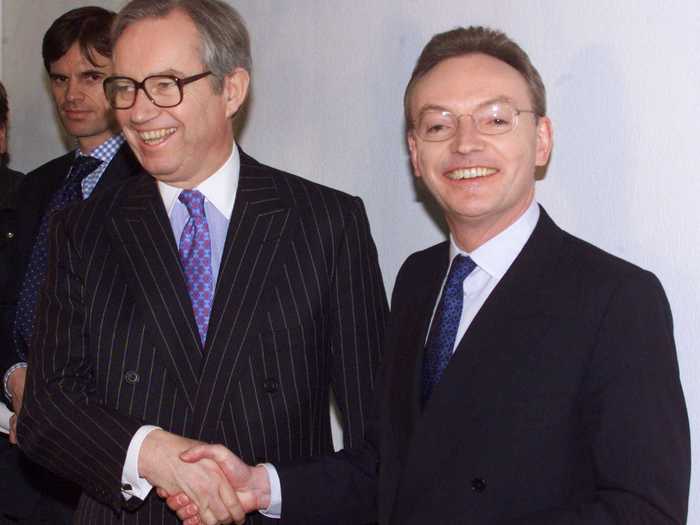
Vodafone Airtouch bought Mannesmann for $185.1 billion to help forward itself in the mobile industry. The new company found itself with 42 million customers and a value of $365 billion.
Accounting for inflation, the deal was worth $264.71 billion.
While these startups were never acquired, they still have something to share ...

Popular Right Now
Popular Keywords
- India’s wearables market decline
- Vivo V40 Pro vs OnePlus 12R
- Nothing Phone (2a) Plus vs OnePlus Nord 4
- Upcoming smartphones launching in August
- Nothing Phone (2a) review
- Current Location in Google
- Hide Whatsapp Messages
- Phone is hacked or not
- Whatsapp Deleted Messages
- Download photos from Whatsapp
- Instagram Messages
- How to lock facebook profile
- Android 14
- Unfollowed on Instagram
Advertisement